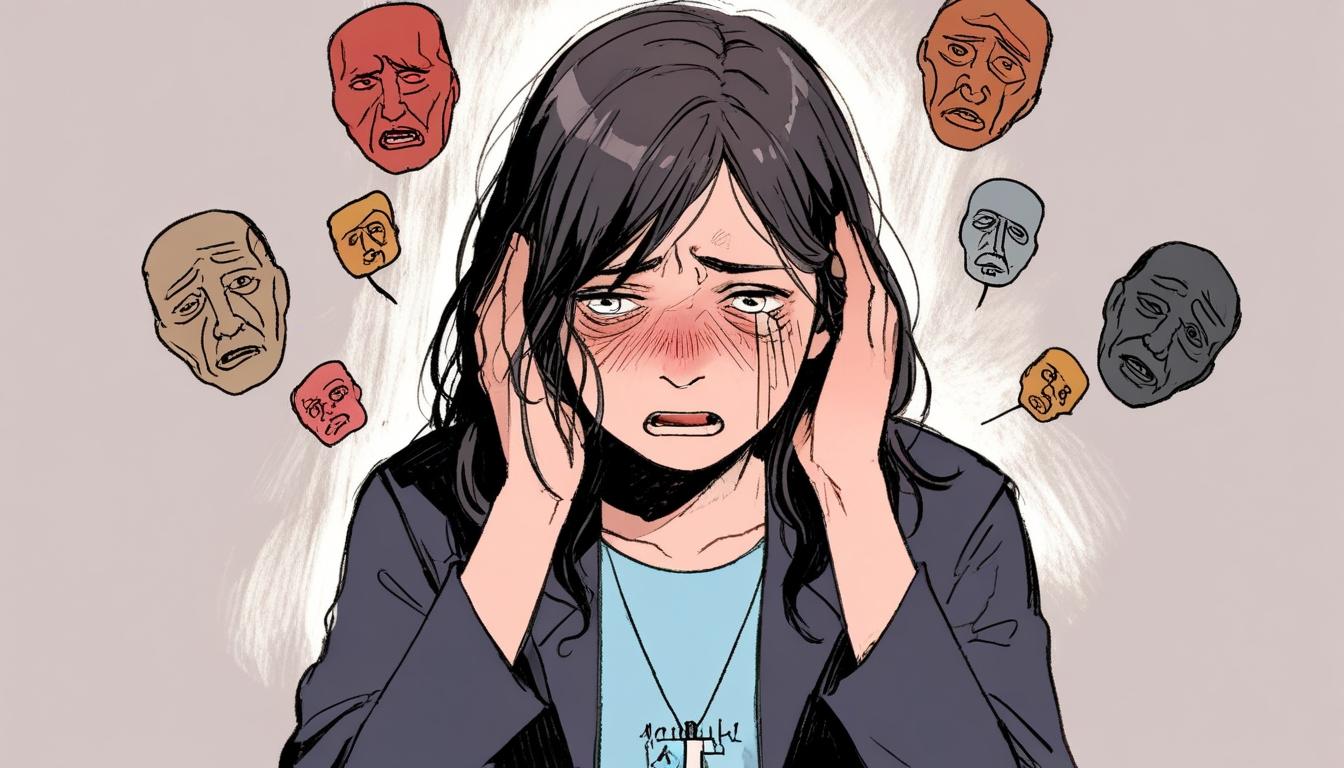The ongoing conversation around grooming gangs has reached a significant flashpoint following controversial comments made by Lucy Powell, the leader of the House of Commons. During a recent episode of BBC's Any Questions, her use of the phrase "dog whistle" ignited a fierce backlash from victims of grooming gangs, underscoring a troubling trend of political insensitivity and a lack of accountability for those in power.
Steph, a victim of grooming, expressed her profound disappointment over Powell's remarks. Speaking candidly on the BBC, she conveyed a sense of anger, stating, “It makes me angry, especially the comment of the dog whistler. It’s not very nice to us as victims.” Steph’s experience is emblematic of the pervasive frustration within the survivor community, who often feel their narratives are trivialised by politicians who seem detached from their realities. Reflecting on Powell's callous comments, she remarked, “She’s not been through nothing herself, has she? She doesn’t know how we actually feel.”
This backlash escalated into calls for Powell’s resignation, with sharp criticisms from both the survivor community and various political figures. Her remarks were perceived as dismissive, leading her to issue a formal apology, which many view as insufficient. In her statement, she tried to clarify her intent, but the damage was done, highlighting a critical need for thoughtful dialogue around issues that deeply affect vulnerable populations.
This controversy reveals a glaring failure in political discourse and the urgent need for leaders to approach traumatic subjects with the utmost care and seriousness. Critics assert that terminology like "dog whistle" diminishes the gravity of the grooming gang crisis, further alienating those who have endured unimaginable pain. The reaction from victims and political opponents alike reflects a broader sentiment that there must be not only sensitivity but also a commitment to meaningful action and accountability.
Recent backing for Powell from the Prime Minister's Office adds another layer of complexity to the situation, exposing the intricate dynamics of party loyalty within a government that is increasingly out of touch with the public's concerns. While Number 10 reaffirmed its support following her apology, this episode reveals serious tensions within the Labour Party about how to effectively deal with issues of abuse without alienating essential voter bases.
In response to the rising outcry, various organisations and advocacy groups stress the need for a more empathetic approach to the discussion of grooming gangs. It is imperative for political leaders to engage directly with survivors, fostering dialogue that respects their voices and experiences. As the conversation progresses, many hope this incident will catalyse much-needed reforms, promoting a safer environment for all children and young people while ensuring that such abuses are addressed with the urgency they demand.
Through this ongoing dialogue, it becomes clear that the path forward requires a blend of listening, learning, and legislative action to adequately meet the needs of victims. The repercussions of Powell's comments stand as a stark reminder of the significant responsibilities that come with political discourse—responsibilities that go beyond mere language, demanding genuine engagement with the communities most affected by these harrowing circumstances.
Source: Noah Wire Services
